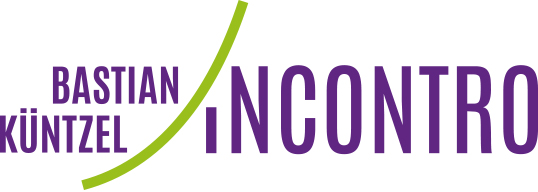I am currently in Stockholm, participating in a coaching certification training. The trainer, Daniel Sa Nogueira, is an old friend of mine. He has a very particular training style. As I’m sitting there, listening to him explain all about different phases of coaching conversations I start to see the patterns and structures in his delivery that remind me of: stand up comedy.
Stand up comedy is a great art. To entertain a group of people with your observations and interpretations of reality is very hard work and few people are truly good at it (such as Luis CK, my good friend Famous Jim Williams and of course Jerry Seinfeld). Stand up comedians are story tellers, they share anecdotes that they either experienced themselves or observed in others. What their art form is, is that they enable their audience to see aspects of absurdity in normality that they have not seen before; and it’s that sudden reality that makes us laugh. It’s very, very funny.
The connection between stand up comedy and training becomes apparent when we connect them via the story telling principles that the amazing Ira Glass of This American Life explained here. He’s basically saying that a great story, a story that moves us, that we connect with and that can teach us needs basically two elements: anecdotes and meaning. Anecdotes are simply a series of events that happen one after the other. But every once in a while you have to step back and ask what it all means, why am I telling you about this, what does it mean? If you have only a series of events without any meaning, it’s boring and won’t stick. If you only have a point to make, but you have no story that can fill it with life, it won’t connect with whomever you’re telling it to.
My friend Daniel has a natural talent for this. He loves to be in the spotlight, he loves to make people laugh, to touch them, to connect with them. He knows his stuff, too. He is standing on a solid theoretical basis, but many people have that. What makes him stand out is that he can package those theories in stories and anecdotes that contextualise them and embed them in a reality that his audience can relate to.
Every stand up comedian is a teacher, training their audiences in seeing the world around then differently, one unusual observation at the time. If more trainers and teachers where to learn from stand up comedians and take on a bit of that wish to entertain through good stories, seminars and courses could be not only more fun to be in, but possibly even generate more sustainable learning. Because good stories stick.
